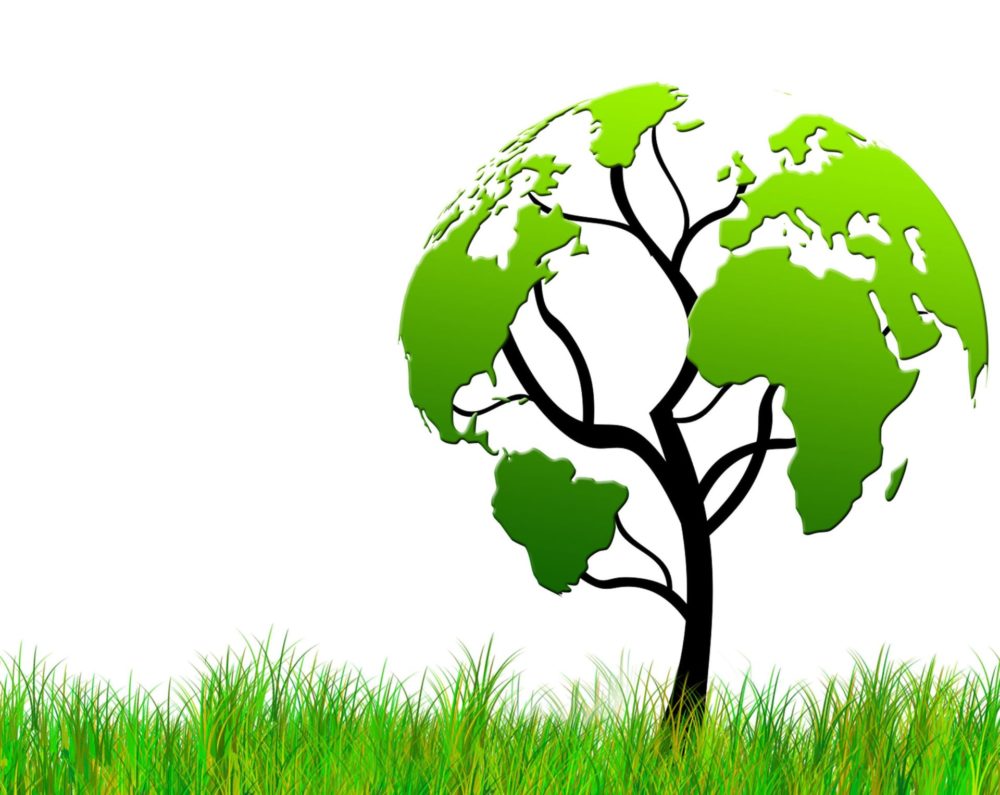 Recycling is a very important part of being a Green Fulfillment Company, and AMS has been engaged in recycling for many years. In a recent blog we spoke about the recycling process as follows:
Recycling is a very important part of being a Green Fulfillment Company, and AMS has been engaged in recycling for many years. In a recent blog we spoke about the recycling process as follows:
“AMS is a B Corporation and a “green” fulfillment company, and some of our efforts to be environmentally conscious have been in effect since we began. Recycling started in the company’s office nearly 20 years ago. Over the years the recycling became companywide and included racks and pallets. We gave attention to using the right size of packaging to prevent waste and began choosing packaging with air-filled biodegradable plastics. In 2018 the Green Team implemented our first partnership with Republic in recyclable bin sortation to sort landfill vs. recycling. And so, a green fulfillment company will be recycling and re-using, purchasing recycled products, using them wisely and sorting for landfill vs. recycling.”
The recycling process at AMS is well established, and employees are aware of their part in taking care of and disposing of waste at work. The AMS Green Team encourages employees and readers to recycle at home as well. To encourage recycling and participating in global sustainability efforts we offer the following basics of how to recycle right.
We begin with a warning about plastic bags. Plastic bags should not be included in your curbside recycling bin as they can shut down an entire recycling plant. Never bag your recyclables. Empty loose recyclable items directly into the bin — no plastic bags. Most supermarkets accept plastic shopping bags for recycling, so look for the plastic bag recycling collection bin at the front of the store.
Items Accepted in Your Bin
- Plastic Bottles & Containers: Recycle plastics by shape: bottles, jars, jugs and tubs.
- Food & Beverage Cans: Recycle empty tin, aluminum and steel cans. Empty aerosol cans are also recyclable. If the can has a plastic lid, remove it before recycling.
- Paper: Paper, newspaper and magazines are good to recycle. If paper is soiled or wet, compost it.
- Flattened Cardboard & Paperboard: Flatten and recycle all cardboard and paperboard. Remove food from pizza box.
- Food & Beverage Containers: Rules for recycling milk cartons, juice boxes and food cartons vary by city, county and state. Check local recycling programs for options to recycle cartons. Make sure containers are completely empty to avoid contamination.
- Glass Bottles & Containers: Glass recycling rules vary. Check local program guidelines for options to recycle glass. Some communities have curbside pickup or drop-off locations to recycle glass.
Items Not Accepted in Your Bin
- No Bagged Recyclables: Do not bag recyclables. They must be loose in the bin.
- No Plastic Bags: Plastic bags are not accepted as part of curbside recycling programs – they get tangled in equipment and threaten worker safety. Do not bag recyclables as materials inside may not get recycled.
- No Plastic Wrap & Film: Plastic wrap, bubble wrap, sandwich bags and freezer bags should not go in the recycle bin. Reuse these items whenever possible or look for local options to recycle.
- No Flexible Packaging: Flexible packaging like chip bags and juice or soup pouches cannot be recycled in curbside programs.
- No Cups with Wax or Plastic Coatings: Cups with plastic or waxed coatings are not recyclable. The plastic lids should be trashed as well.
- No Polystyrene Foam & Plastic: Polystyrene foam, plastic “to-go” containers and cups are made of non-recyclable materials, and are not acceptable in the curbside recycling program. Packing peanuts aren’t recyclable either, however some shipping stores will take peanuts back for reuse.
Other Materials Not Recyclable
- No Tangling Items: Garden hoses, rope, leashes, wire, holiday lights, string and chains should never go in the recycling bin as they can wrap around equipment, endanger MRF workers and shut down entire recycling centers. If they are still in good condition, donate them.
- No Dirty Diapers: Dirty diapers and pet waste shouldn’t go in the recycle bin! These materials will spoil all of the recyclables, turning the load to trash. Trash these instead and keep recyclables clean and dry.
- No Household Items: Clothing, textiles, shower curtains, mini-pools, fencing and furniture don’t go in the recycling. Check local programs for reuse and recycling options first. Put them in the trash bin if no other options are available.
- No Medical Waste: Medical waste can pose a safety hazard and never goes in curbside recycling or waste bins. Needles are especially dangerous so dispose of them in a safe container.
- No Garage Waste: Car parts, scrap metal, tires, filters, propane cylinders and the like are safety hazards if put in curbside recycling or trash bins. Check locally for special collection programs or take them to a local retailer or scrap recycler.
The AMS Green Team encourages careful recycling at work and at home. To learn more on how to recycle and what to recycle, please visit www.wm.com/recycleright.
And finally, when we hear about a B Corporation doing interesting and exciting ‘green’ things, we will mention them. Here’s a New York grocer called Precycle! They do plastic free grocery delivery. You can check them out HERE. Enjoy!!




